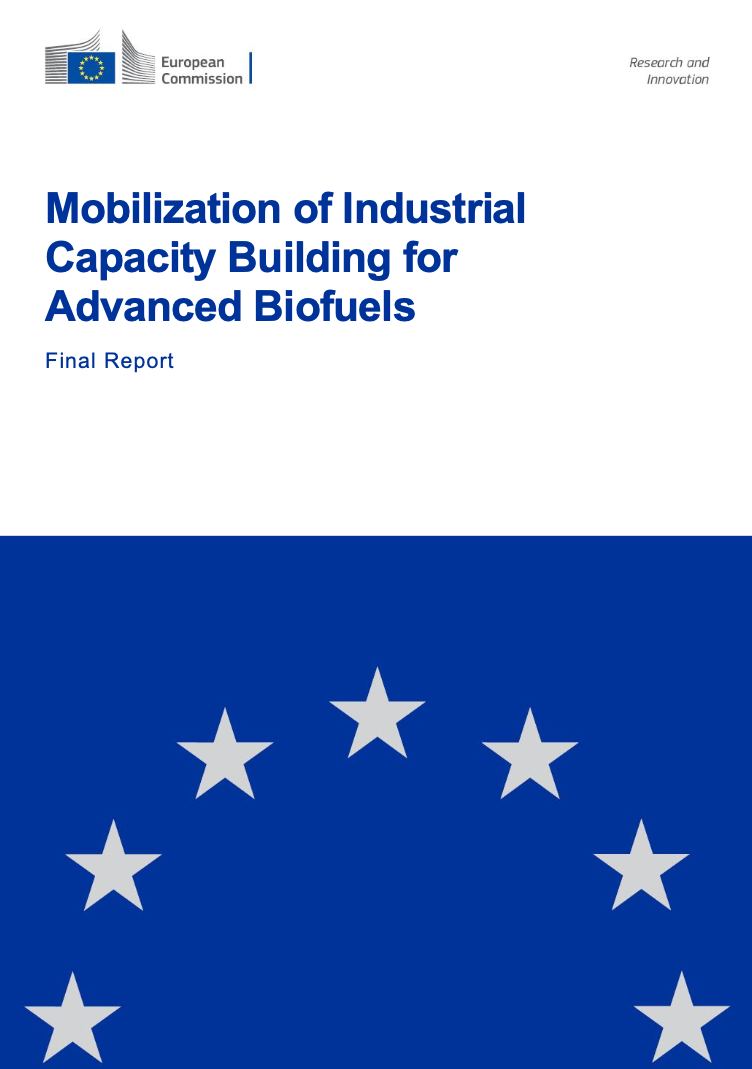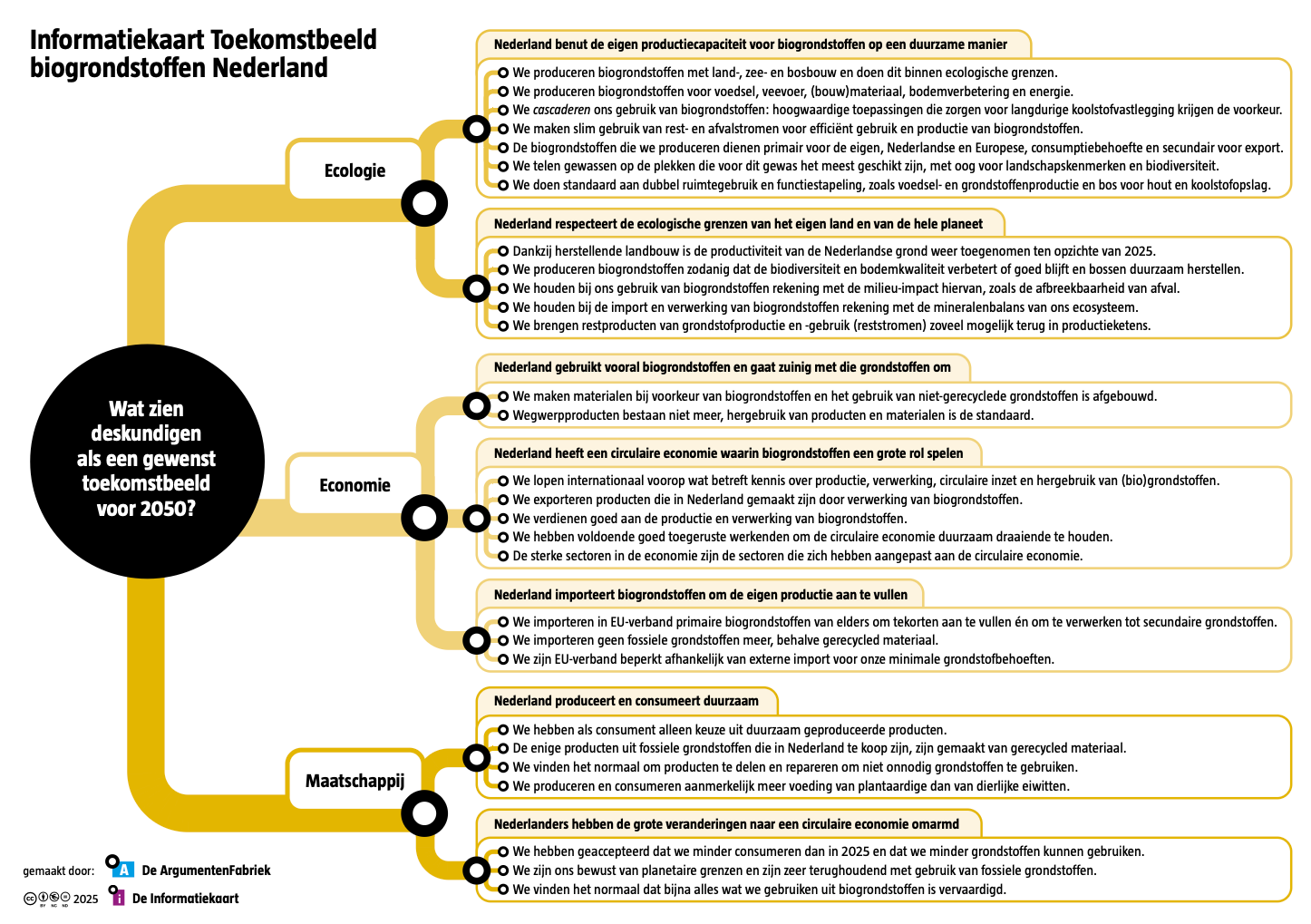U.S. Department of Agriculture: Building a resilient biomass supply - A Plan to Enable the Bioeconomy in America | 2024
Jun 23, 2025

Summary
- As part of the efforts to boost sustainable biomass production in the United States, the U.S Department of Agriculture (USDA) was tasked with developing a plan to optimize and ensure resilient biomass supply systems. The United States recognises the golden opportunity of biomass as a way to expand markets and create new sources of revenues particularly in rural areas while producing a wide variety of bio-based products.
- Building a resilient biomass supply is done by exploring the systems of raw biomass production and processing (some well established and other newly emerging) in the US bioeconomy, calling for three areas of activity:
- R&D and demonstration for innovation in newly emerging biomasssupply system
- Capacity building to expand existing biomass supply systems
- Market development and assessment to match biomass supply to demand for bio-based products
- The report describes first the current biomass use and availability, identifies challenges and vulnerabilities to biomass supply chain systems, and then focusing on resilience identifies policies and programs across supply chains supporting the expansion of the bioeconomy. The plan concludes by recommending mechanisms for improving cooperation and collaboration.
Key conclusions
- US biomass supplies are abundant
- Gaps in knowledge of current and projected future biomass feedstock availability
- Need to learn about competing markets for biomass feedstock and incentivise new market creation
- Biomass crops need to be produced at scale, but farmers will not risk planting crops without established markets
- Emerging oilseed crop can increase biomass availability
- Woody biomass can provide a large volume of needed biomass but many aspects of forest operation need to be understood and made more cost-effective
- Finally, the report identifies how improvements in biomass supply would support goals of advancing food security, environmental sustainability and the needs of under served communities
Biomass and feedstock availability
Bio-based value chains
Bioenergy
Market perspectives
Policy and legislation

 Download hereVisit Website
Download hereVisit WebsiteRecente artikelen
Renewable fuels
Bio-based value chains
Europe
EC DG Research: Mobilization of Industrial Capacity Building for Advanced Biofuels | 2026

Bio-based value chains
Biomass and feedstock availability
Nederland
Informatiekaart: Toekomstbeeld biogrondstoffen Nederland | 2025


